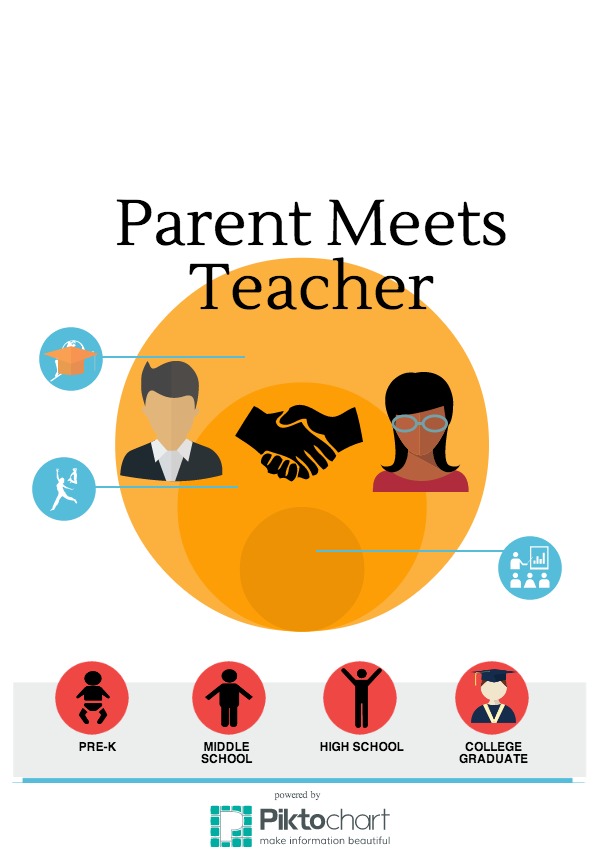EDITORIAL: How Important Are Parent-Teacher Conferences?
Communication between teacher and parent from Kindergarten through 12th grade is a smart idea, but not always necessary.
There is no way of escaping it, fellow Sequoits. The parent meets teacher phenomenon is inevitable and in some cases, unnecessary. For some, it is not enough to hand the grade sheet to the teacher with a parent signature as a seal of approval. For others, that’s all that is needed. Fortunately, parent-teacher conferences are always optional for parents, but sometimes recommended. By recommended, we mean that goes for the students who could use a little extra dose of motivation, more participation points, and a more positive record on file.
Though in some cases parent-teacher conferences aren’t fulfilling nor necessary, that only accounts for high school level students. In high school, students are peaking through maturity and becoming more independent, giving them the upper hand of holding more control of their lives in and outside of school. However, in educational levels ranging from kindergarten through eight grade, a parent-teacher conference is a smart idea and should most definitely be required. It’s smart because the conferences can be used as a tool to monitor student growth and progress. Students and their parent/guardian spend just about seven hours apart on the daily, and in those seven hours, another adult in spending that time with the student, teaching them what they need to absorb for the future and to meet or exceed the Annual Yearly Progress.
Younger children in grades kindergarten to fourth grade do not have a proper or fundamental development of communication skills so the communication between child and parent isn’t typically the clearest.
“What did you learn in school today?” is heard at home, and afterwards the child replies with the replication of the school day’s syllabus. The fundamental question here is: what did the work ethic and attitude of the child reflect in the academic setting? Here is where the communication falls. The parent/guardian never completely understands the ethic and attitude that the child displays in school, leaving them at a disadvantage when it comes down to helping their child grow further with their education going into middle school. A conference with the teacher is useful in this scenario, optimizing and catching the parent up with all information about their child in school that they should be aware of.
Middle school is a harder time for students. They learn about character development and personality, as well as all the physical aspects and changes in their bodies. It can be really uneasy reaching the point in life where they start to grow into pre-teens. With that weight on their shoulders along with finding friendship, trying out for a new sport, and looking forward to high school, academics may not always be the total focus or priority. For this innocent reason, a parent-teacher conference is ideal. It can stabilize a solid communication between the teachers and parents, so they can be on base of their child’s education while their child is busy with personal development. A conference can also give insight to the parent as far as where their child stands advancing into high school.
By high school, teenagers have a better grasp of who they are as an individual and they learn more advanced life-skills. Students are grown enough in high school, that a parent-teacher conference can have little-to-no effect on the student’s academic progress and growth. However, every decision and action a student takes in high school has an impact, grand or small, on their future, whether it be short-term or long-term. The effort and work ethic students display their freshmen and sophomore year impacts important factors come junior year, such as the ACT. How well juniors perform on the ACT gives them a limitation on availability of options for college schools and universities, and where a senior decides to enroll has a grand impact on their future. The entire high school journey is really independent and students through these four grades have to make a lot of challenging and heavily-impacting decisions without the complete guidance from teachers or parents/guardians.
Education is important for students, not just in learning the syllabus, but to learn about who they are as a person and how they choose to apply what they learn to further their future. Communication between the parents and teachers is an important factor that has a large impact on student development, up until high school, when students are no longer children or pre-teens but now young-adults. From kindergarten to eight grade, parent-teacher conference really show how much a parent values their child’s education. That is why parent-teacher conference are ideal, but not always necessary.


